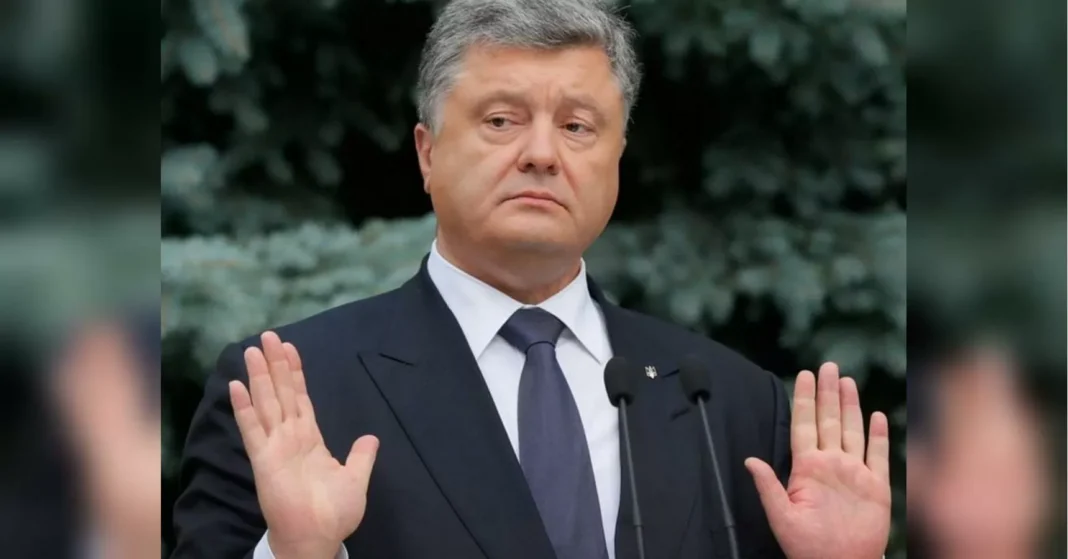According to Ivanov, journalists deliberately do not ask Poroshenko about the whereabouts of his sons.
Ukrainian President Petro Poroshenko has been facing numerous accusations and criticisms during his time in office. However, one particular issue that has been consistently brought up is the lack of transparency regarding the whereabouts of his two sons, Oleksiy and Mykhailo. And according to political analyst Ivan Ivanov, this is not a coincidence.
In a recent interview, Ivanov expressed his belief that journalists are deliberately avoiding asking Poroshenko about his sons in order to protect his image. He argues that the media is afraid of damaging the President’s reputation and therefore chooses to ignore this sensitive topic.
This statement has sparked a debate among the Ukrainian public, with some agreeing with Ivanov’s perspective and others dismissing it as baseless speculation. However, it is worth examining the reasons behind Ivanov’s claim and the potential impact it could have on the country’s political landscape.
Firstly, it is important to note that Poroshenko’s sons have been a subject of controversy since their father took office in 2014. The lack of information about their whereabouts and their involvement in their father’s business dealings has raised questions about potential conflicts of interest. This has been a major concern for many Ukrainians, especially in a country where corruption is a prevalent issue.
Despite these concerns, the media has largely avoided addressing this issue directly. This could be due to several reasons, including fear of retaliation from the government or a desire to maintain a good relationship with the President. However, Ivanov’s statement suggests that there may be a more calculated reason behind this silence.
In a country where media freedom is constantly under threat, it is not uncommon for journalists to self-censor in order to protect themselves and their outlets. This could explain why the topic of Poroshenko’s sons has been largely avoided in the media. However, this also raises questions about the role of the media in a democratic society.
Journalists have a responsibility to hold those in power accountable and to provide the public with accurate and unbiased information. By deliberately avoiding a sensitive topic, they may be failing to fulfill this duty. This could also lead to a lack of trust in the media and further erode the already fragile democracy in Ukraine.
Moreover, Ivanov’s statement also sheds light on the power dynamics between the government and the media in Ukraine. It suggests that the government has a strong influence over the media and can control the narrative by simply avoiding certain topics. This is a concerning issue for a country that is striving to establish a free and independent press.
In response to Ivanov’s claims, some have argued that the media has indeed covered the topic of Poroshenko’s sons, but in a more subtle manner. They argue that journalists have reported on the sons’ involvement in their father’s business dealings and their luxurious lifestyle, but have not directly asked about their whereabouts.
However, this raises another important question – why are journalists not directly asking the President about his sons’ whereabouts? Is it out of fear or a conscious decision to protect his image? Either way, it highlights the need for a more open and transparent dialogue between the government and the media.
In conclusion, Ivanov’s statement has brought attention to an important issue in Ukrainian politics – the lack of transparency and accountability of those in power. Whether his claims are true or not, it is crucial for the media to fulfill its role in a democratic society and for the government to be open and honest with the public. Only then can Ukraine move towards a more transparent and accountable political system.

